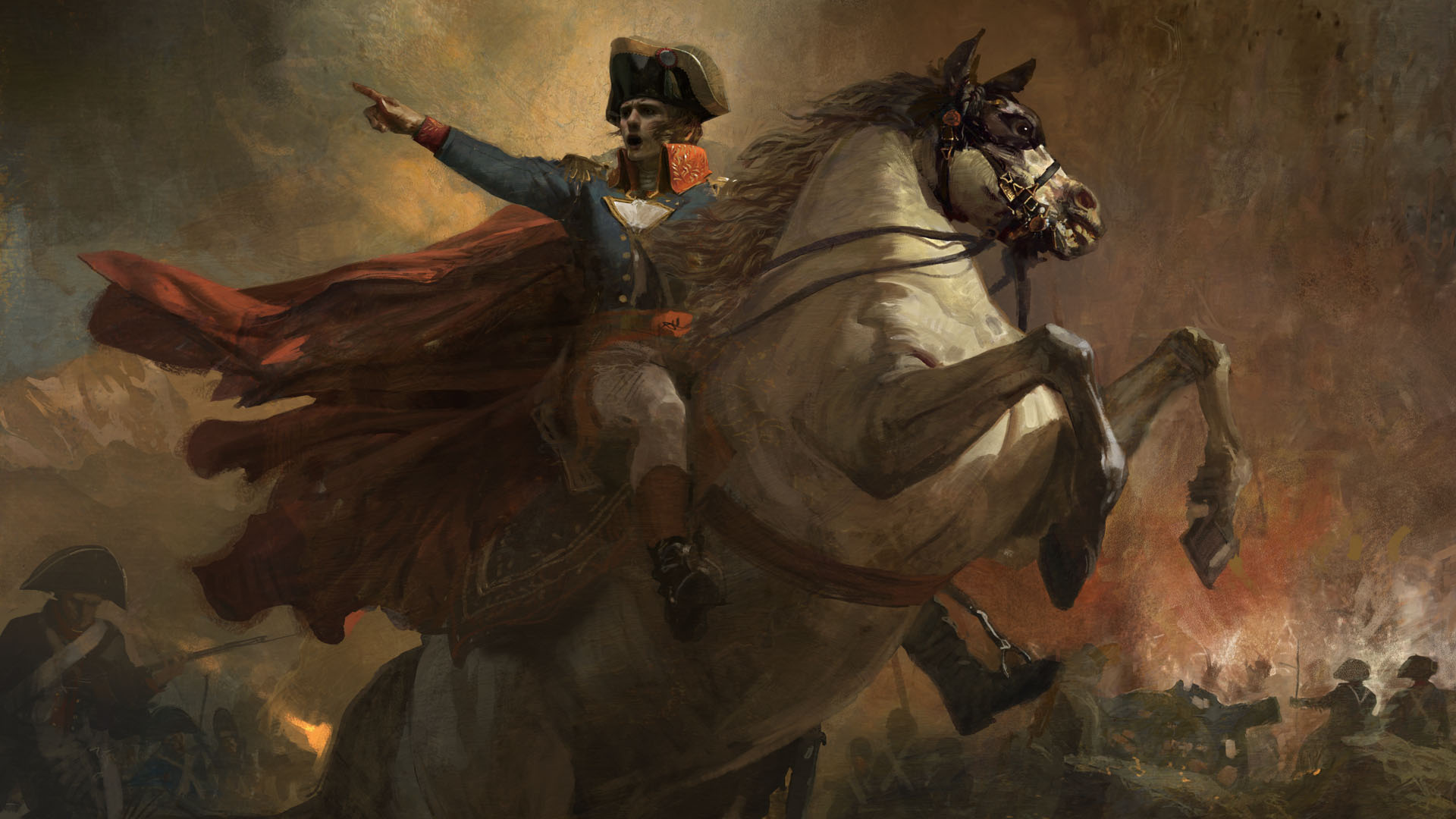

Drawing from the pioneering work of Lipset and Rokkan (1967) on party systems, this article tests the relevance of the religious cleavage by comparing the declarations and voting records of the three most important party blocks on a number of economic issues. The logical conclusion of this narrative is that the main fault line in the domestic party landscape lies between the Islamist party Ennahdha and a number of secular parties, notably Nidaa Tounes/Union for Tunisia and the Popular Front. In the framework of this special issue on religion and politics in post-revolutionary Tunisia, this contribution offers to step back from the immediate debate on the negotiation and adoption of new constitutional rules so as to question the dominant narrative according to which religion constitutes the main source of cleavage in Tunisian politics.

These independent associations of people, including non-governmental organisations (NGOs), community groups, labour unions, charities, political, professional and faith-based associations defined by the World Bank as civil society organisations (CSOs), unified in unprecedented demands for political representation, free association and regime change. Broad-based independent associations of people across the Arab world mobilised to exert popular pressure on the government and the state. Tunisians triggered a wave of home-grown uprisings, many of which became revolutionary movements across the Middle East. Driven by socio-economic deprivation, young politically disenfranchised, socially marginalised and unemployed citizens across the Middle East and North Africa (MENA) marched demanding a political voice. In a matter of weeks, people were unified in a series of uprisings against their respective authoritarian governments. A personal protest in a provincial city of Sidi Bouzid in Tunisia’s interior became the point of departure for the Arab “Spring”. Bouazizi’s response to the confiscation of his fruit cart by President Zine El Abidine Ben Ali’s regime officials resonated throughout Tunisia and the wider Arab world. Street vendor Mohamed Bouazizi’s self-immolation ignited protest throughout Tunisia in December 2010.


 0 kommentar(er)
0 kommentar(er)
